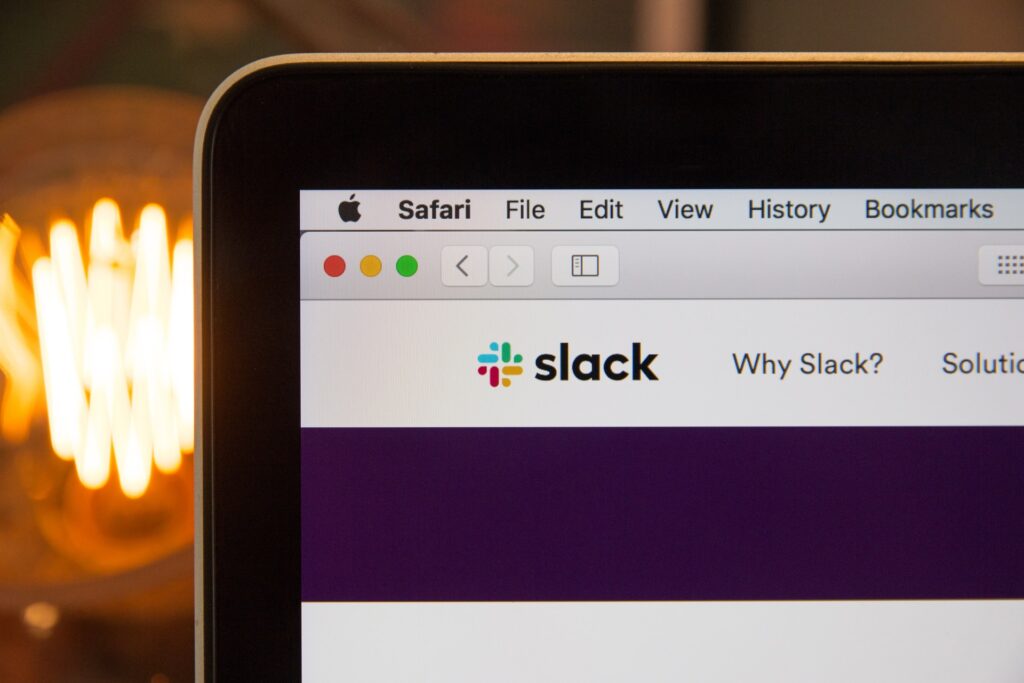Employees are great assets to any company.
Management guru Peter Drucker has said that “The most valuable asset of a 21st-century institution, whether business or non-business, will be its knowledge workers and their productivity.”
It’s easy to see why the business of attracting, recruiting, and keeping talent (HR) is highly important to any successful team.
But change is happening to the HR manager’s job.
As the remote and hybrid work revolution rises, the skills and experiences that HR professionals used a few years ago would no longer be 100% effective.
Therefore, HR managers need new skills to keep up.
But what are these skills and how can people operations, HR, or employee experience managers take advantage of them?
Below, we dive deeper into the experiences these professionals need to manage a growing number of the workforce who are remote, hybrid, and nomads.
Here’s a rundown of what we will cover:
- The knowledge to leverage digital tools as a means to an end – and not an end in themselves
- Mindset and skills to acknowledge and navigate the nuances of diversity and inclusion
- Skills to set up highly personalized training and development strategies
- Ability to develop modern communication and employee engagement strategies
The knowledge to leverage digital tools as a means to an end – and not an end in themselves

We cannot discount the importance of tools in enabling great remote or hybrid work.
From noise-cancelling to video conferencing, these remote work tools are the unsung heroes of the future of work.
But it is important to understand that tools are not the end goal. They are just a means to an end.
HR managers should have the ability to include the human element beyond just using tools, whether it’s supervision, employee appraisal, or giving feedback.
- Make time to talk to employees one-on-one or through video
- Give constructive feedback
- Create team building activities for employees to connect on a personal level
- Use occasional get-togethers to help employees unplug themselves from work and come together in a physical location to build camaraderie.
Mindset and skills to acknowledge and navigate the nuances of diversity and inclusion
The remote work revolution has created an enabling environment for the advancement of diversity and inclusion.
It’s helped build an ecosystem where companies can hire from around the world without considering a person’s race, social status, location, or religion.
HR professionals need the skills and experience to:
- Recognize the diversity of people working from different geographical locations.
- Make decisions that are inclusive of everybody regardless of where they live.
Skills to set up highly personalized training and development strategies

Continued education and personal development programs for employees in the remote work environment are as important as office-based settings, if not more important.
According to a 2018 survey by Jobvite, 13% of younger workers cited a lack of growth as the main reason for leaving an organization.
A Gallup research also found that 59% of millennials see jobs as development opportunities, and take learning and growth opportunities as a major factor when applying for jobs.
This stresses the importance of a training and development strategy, especially for a remote team.
Thus, HR managers of remote companies need to learn to devise new programs that meet the needs of a remote workforce.
Here’s how human resources managers can get it right:
- Put remote employees on small and incremental self-improvement and education plans.
- Discover and explore employees’ interests and learning capabilities.
- Develop a highly personalized education and self-improvement system that deals with personal differences, cultures, and geographical differences.
Ability to develop modern communication and employee engagement strategies
Communication and employee engagement are important parts of building every organization, and are especially crucial for remote teams.
In remote and hybrid work settings, there are many communication challenges, from connecting across different time zones to having language and cultural differences.
Here are the most important skills to develop
- Learn to create communication principles that are more personalized, giving remote employees different communication and engagement options. While some like to chat or send emails, others prefer video calls.
- Consciously pursue employee communication and engagement by organizing team building activities, online games, and virtual parties.
Final Morsels
There’s a difference between managing office-based teams and remote teams.
And with the world embracing remote and flexible work, human resource managers need to be up and going – to learn new skills and to explore new avenues of meeting the needs of employees.
Apply the tips above as an HR manager and you’re not only on the path to keep your job but also reposition your organization for the future of work.
- The Ultimate List of Remote Jobs (Updated Daily!) - May 15, 2024
- Remote Y Combinator Jobs - May 14, 2024
- Remote Crypto Jobs - May 14, 2024
